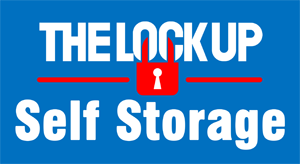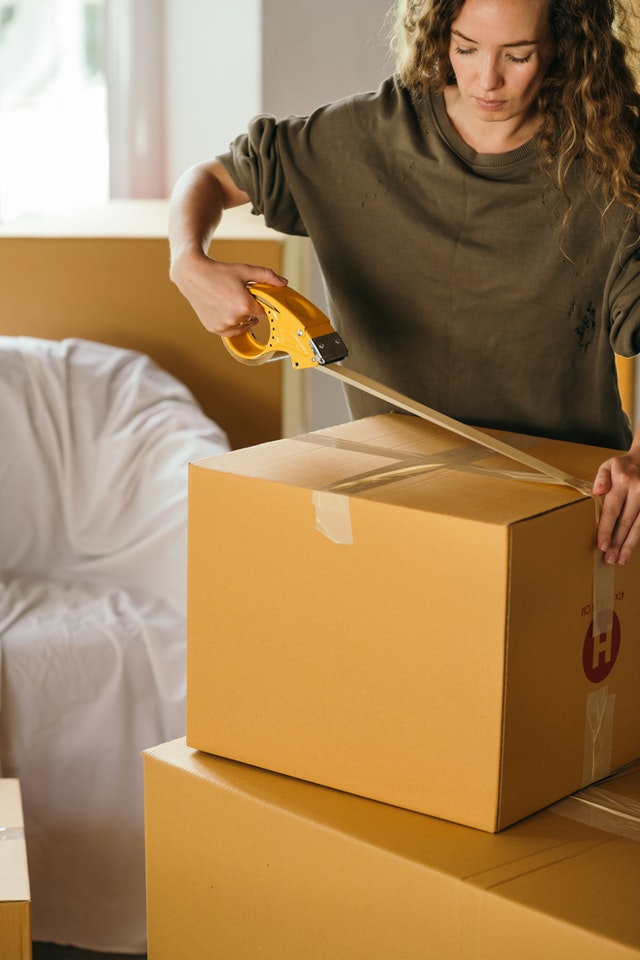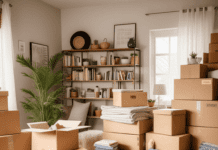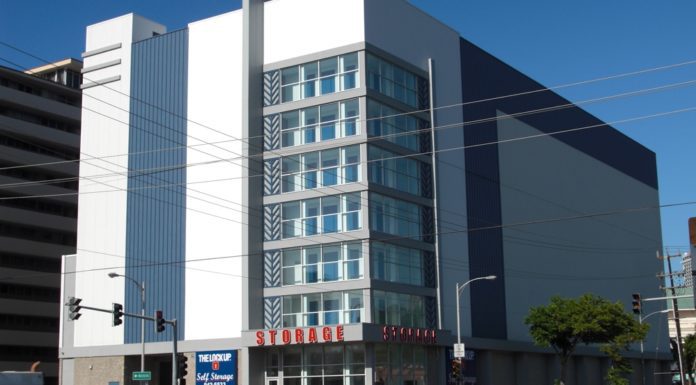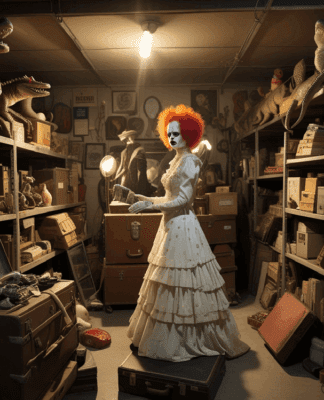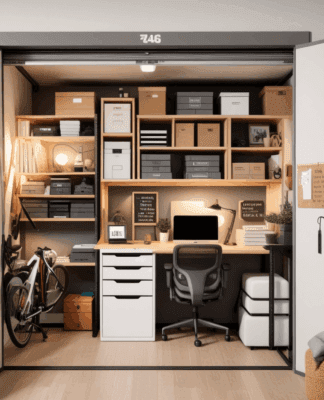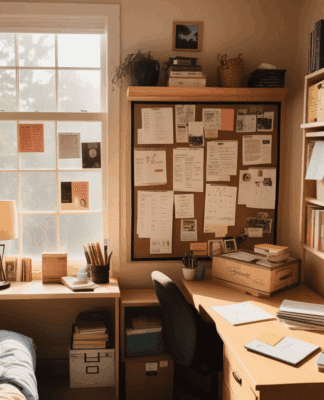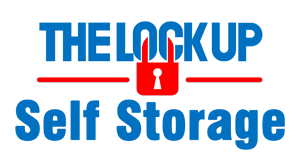Over time, we accumulate a lot of stuff. This might not be apparent if you’re living in the same house, but once you try moving, you’ll be suddenly overwhelmed with excess. Even if you stay in the same home, one day you might wake up and feel cluttered or disorganized. If you don’t want to get rid of any belongings, but you still want to take back your space, it’s a good idea to consider renting a self storage unit. However, self storage for new renters isn’t as straightforward as you’d think. There are a lot of moving parts to self storage and finding the best unit for you will make your experience exponentially better. But where do you start? Many people think that doing a quick Google search and finding the cheapest option is the best way to go about renting a self storage unit, but not all facilities are created equally and there’s more to it than the cost.
If you’re considering renting a self storage unit, but are a little confused as to where to start, you’ve come to the right place. In this article, we’ll discuss everything you need to know about self storage tips for new renters.
Find a Good Deal
While we don’t recommend finding a self storage unit solely based on price, you should still compare your options. Some facilities offer new renters a discount for their patronage and others will give you special move-in rates or deals on long-term self storage usage. You should also make sure that you do your research on location, flexible leasing options, and sizing. You don’t want to pay for a self storage unit that’s an hour away from your home—especially if you’re going to need to access it regularly. The same can be said about rigid lease terms. If you’re unsure of how long you’re going to want to use a storage unit, it’s important to avoid getting locked in year-long leases or you’ll end up wasting your money. Finally, the size of your storage unit will have a direct impact on cost, so you’ll want to avoid paying for space you don’t need.
Understand What Size Storage Unit You Need
To make sure you’re only paying for the storage you need, it’s important to determine which size storage unit will work best for your things. To do this, you’ll want to go through everything you’ll be putting in storage and try to make some calculations. If at all possible, the best way to do this is to pack everything up and dedicate a room in your home for temporary storage. Will everything fit? Do you have bigger items that might take up more room? Once you get a good idea of the space you’ll need, consider renting one size up. This will allow you to avoid over cramping your unit and will make retrieving things easier later on.

Consider Climate Control
For most things that you’ll want to store, climate control will be your best option. There are a few options for outdoor storage that are usually far cheaper than any climate or temperature controlled unit, but this also means that your things will be at a greater risk for damage. If you’re storing boats or vehicles, outdoor storage might be an option depending on where you live. However, climate control will ensure that all of your belongings not only stay safe but that they’re in the best condition possible. Climate and temperature control units have plenty of benefits such as eliminating pests, reducing dust buildup, and decreasing damage due to fluctuating temperatures or humidity levels. Talk to your facility about their options for climate control prior to signing any contracts.
Double Check Insurance
Some storage facilities offer an insurance policy on their units, others require that you hold your own insurance against loss or damages. Make sure that you double check the policy for your facility before you move forward. Sometimes, cheap facilities will require you to obtain expensive insurance policies from their preferred provider. This, in turn, ends up making it more expensive than other facilities that include insurance. Always double check the insurance policies and don’t be afraid to ask any questions if you don’t fully understand the fine print. You may also be eligible to add your storage unit to your homeowner’s insurance for a more comprehensive coverage.
Create a Plan for Packing Your Unit
Once you’ve decided on where you’re going to rent a unit, you need to make a plan as to how you’re going to utilize your space. There are a few great tips and tricks for packing a self storage unit but focusing on the basics are just as important.
Protect Your Belongings
First and foremost, you want to make sure that you protect all of your belongings, so they don’t get damaged in transit or during storage. To do this, use the correct packing materials and cover any antiques or fragile items with adequate cushioning.
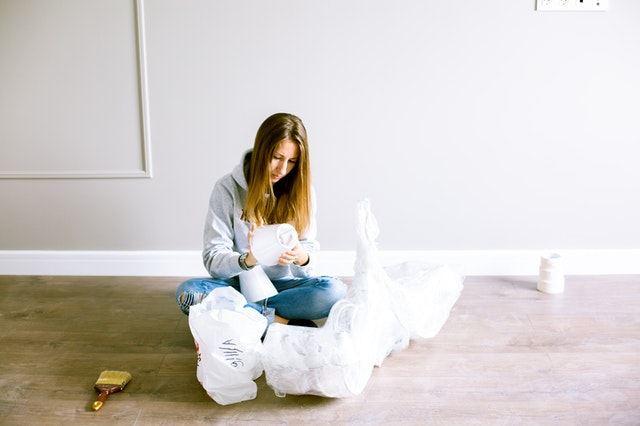
Create an Organized Layout
Next, it’s important to create a layout prior to getting to your unit. Create enough space for aisles that allow you to access the contents of the back of your unit without having to empty everything in the front. We also recommend raising your items off the floor with pallets to encourage airflow. When packing your storage unit, make sure that the things you’ll need to access more often are towards the front and things you’ll only need sparingly are at the rear.
Pack Like with Like
With that being said, try to pack like things with like. If you have holiday decorations or seasonal décor, pack things by holiday or season. If you have extra kitchen accessories, pack them all together. Pack winter clothes with other warm items and always make sure that you label your boxes. This will save you time and energy when you want to come back to your unit to retrieve things.

Store Your Belongings Correctly
Finally, take the time to do some research on how to store your belongings correctly. By utilizing pallets, you’ll give everything the proper airflow it needs to avoid mold or mildew, but you also need to use the correct storage containers and packing materials. Certain types of containers will damage certain items, so putting in some preliminary research is well worth the effort.
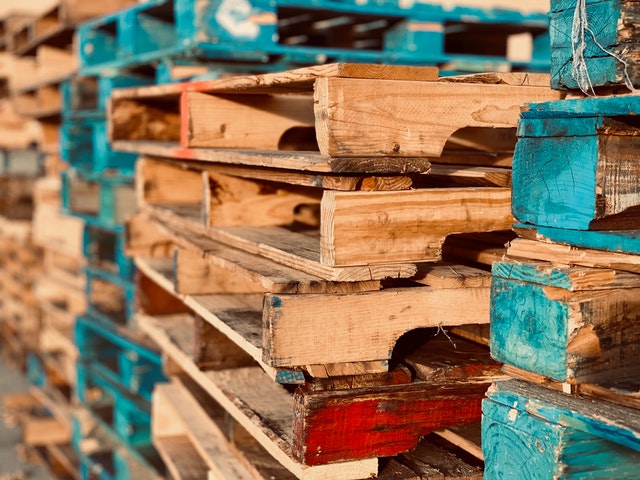
Know How You’ll Vacate Your Unit
While you might plan on having your self storage unit for years, you still want to be familiar with your options if you need to vacate your unit.
Give Adequate Notice
As a courtesy, always give your self storage facility adequate notice. If you’re locked in a lease, they may be able to work out a deal with you to break the lease and avoid paying the remaining months. If you’re in a flexible leasing term, your facility will still need to know your plans to vacate so they can prepare the unit for another renter in a timely manner. Talk to your facility about their end of lease terms and conditions to make sure that you’re prepared in case of emergency.
Avoid Breaking Leases or Rules
With that being said, you should try to avoid breaking any leases or self storage facility rules during the vacating process. If you signed a contract, breaking rules could lead to negative consequences. During your initial consultation with a new facility, make sure that you ask as many questions as you need and don’t be afraid to get clarification when you don’t understand something. It’s better to take the time now and fully understand the rules than to unknowingly break them down the road.
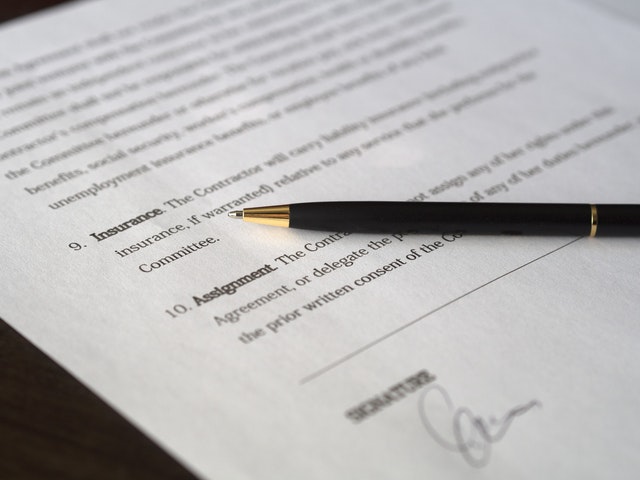
Understand Payments
Prior to moving forward with a self storage unit, make sure that you understand the payment plan and what happens if you’re late. Read your contract thoroughly to avoid any surprises and make sure that you ask any clarification questions regarding payments prior to anything happening. In extreme cases, late payments can lead to late fees or even repossession.
If you’re a new renter looking for a self storage unit, The Lock Up Self Storage is the perfect place to start. We offer flexible leasing options alongside a variety of storage options to fit everyone’s budget and varying needs. All of our units are temperature controlled and climate controlled to keep your things in the best condition possible. To give you even more peace of mind, all of our locations are equipped with top-of-the-line security features. Our secure self storage facilities feature security-controlled gate access, motion-sensitive lighting, 24-hour camera monitoring, and perimeter alarms. Many of our locations offer electronic coded access specific to each tenant. To find a self storage unit, contact one of the representatives at The Lock Up Self Storage today. Give us a call at 1-866-327-LOCK or find a unit online today!

